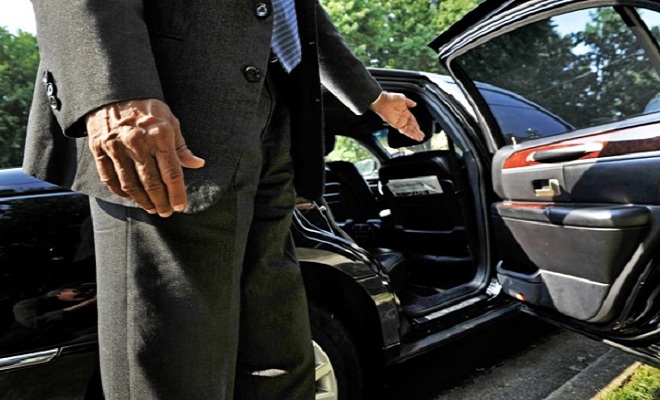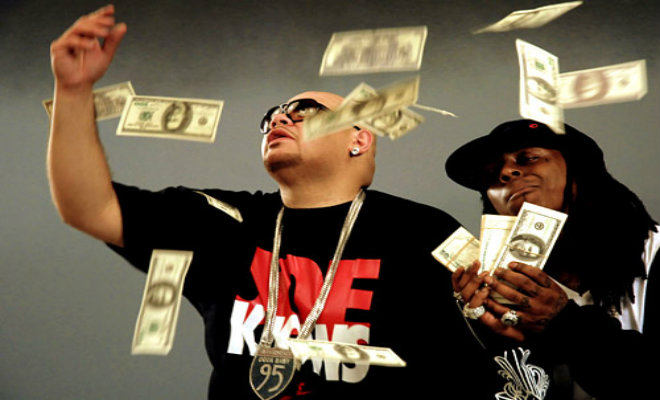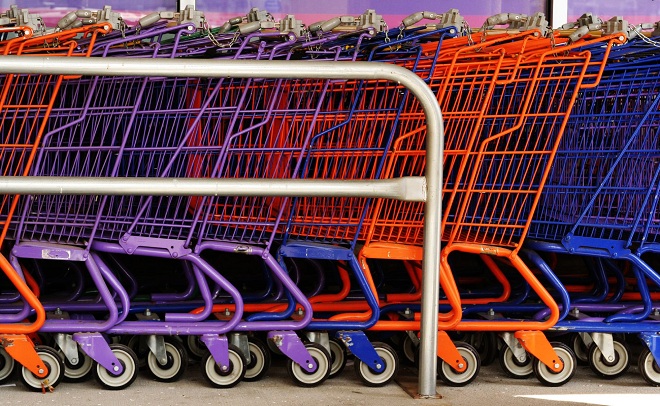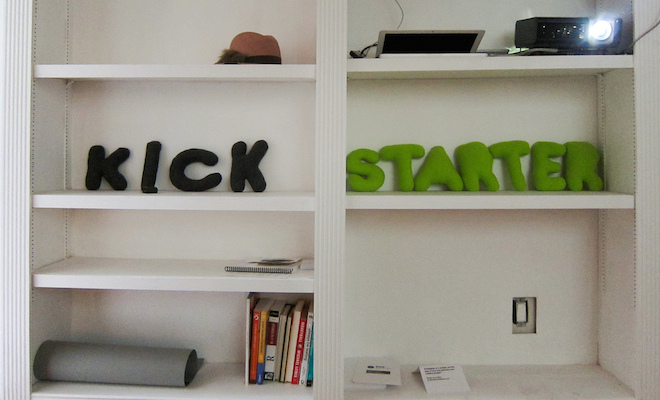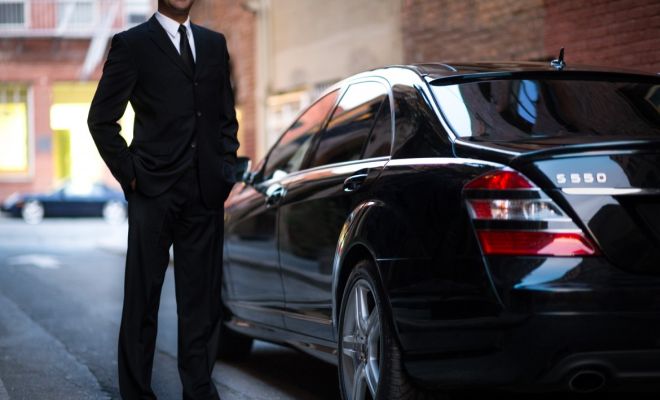It was dark out, end of spring humid, and my bags were packed and patiently waiting on the porch with sleepy-eyed me. It was 4:30 am, and we had a flight to catch at 7:00. I’d called the cab the night before and made a reservation. The dispatcher and I had agreed; the cab would arrive at 4:15. I would make my flight back to Ohio with time to spare.
This didn’t happen.
My history with NOLA’s cab industry is probably familiar. Sometimes it’s awful, causing me to wake a neighbor at an inhumane hour for a last minute ride to the airport. I mean really, sometimes the service is just plain awful, making customers like me wait for hours despite shady promises of a cab on the way. There always seems to be a cab on the way, but whether it’s on the way to the customer who hailed it is another story, one I can’t hope to answer.
Don’t get me wrong, though, it’s not all bad. New Years Eve, 2009 had me hopelessly stranded in the CBD with little chance of making it to Broadmoor for a long awaited and prayed-for midnight kiss. That night, and to my astonishment, the “cab on the way” proved faithful. My driver was kind, understanding, prompt. We made it Broadmoor, and I got kissed. Then, at the end of the party, when me and my kisser really needed a ride home, the same driver showed up quick and gave us the lift for free. We tipped him graciously, the spirit of the New Year, compassion, love uplifting us all. I got kissed again, and we all went to bed happy.
So, it’s good and bad, strikes and gutters. Now, with the advent of Uber, it’s plain complicated.

Uber seeks to expand business into New Orleans despite slow going in City Hall. July 29th saw a special City Council Committee meet and postpone discussion for the second time surrounding Uber and transportation codes in the city. The car service seeks to disrupt the routine headaches associated with local cabbing by offering its users fluctuating fares based on supply and demand and the ability to find a ride from their smartphone. Already operating in 70 cities in the US and around the world, Uber is fighting a long fight to extend their services to our Crescent City.
The battle for Uber in New Orleans began in October of 2013 when the recently fired Taxicab Bureau Director Malachi Hull sent the company a letter demanding they cease-and-desist from any commercial activity in the city. While the letter cited Uber Technoligies, Inc. for “operating unlicensed commercial transportation services in the City of New Orleans,” the service had yet to appear on New Orleans’s streets, making the document a strange first blow in the industry’s struggle against change. The transportation codes for “vehicles-for-hire,” which the letter evokes, however, now serve as the central point of discussion in City Hall.
In the latest July debates, representatives of Uber, citizens, and councilpersons alike lobbied for a relaxation of the codes regulating commercial transportation while cabbies, limo-drivers, and more councilpersons balked. Uber Black, Uber’s luxury car service, seeks to fit into a market which currently demands that customers rent limo services for at least 3hrs. and at a minimum rate. The company’s arguments would have codes adjusted to allow for luxury car service pricing alone to fluctuate based on time, distance, and demand level, allowing customers a greater range of choice in product.
Opponents of the service, however, see it another way. Opposed to more change following the 2012 mandates that called on cab drivers to install expensive credit card machines and gps systems in their vehicles, the cab industry and wary council members see Uber Black as a gateway to more economic strife as the battle for fair fares increases. With the arrival of Uber Black, they fear, comes UberX, a service in direct competition with existing cabs. Referencing Uber’s legally questionable activities in other cities during a June council meeting, councilwoman Susan Guidry asked Director of Uber New Orleans Tom Hayes, “Can you, right now, commit on behalf of Uber that Uber will not bring Uber X into New Orleans unless the law allows it?” To which the Director responded laconically with his intent to maintain open discussion between Uber and its opposition.
Safety remains a principle concern to all parties involved with Uber representatives boasting falling DUI rates in cities offering their services and their opposition warning of Uber’s lack of control over their drivers. Pushing this issue in the latest July meeting, local attorney Yvette D’Aunoy warned that “this is a wolf in sheep’s clothing. Uber X is where the money is … what you’re going to have is Tulane students making money for their Jazz Fest tickets. How safe is that?” Council member Stacey Head, however, remained adamant in her requests for local partnerships with the international company valued at 18.2 billion dollars. Still, all but 3 of 22 local limo operators signed a document stating that they would not work with Uber Black, citing the 20% cut that Uber takes from its driver’s earning.

With discussions postponed again until August 14th, many are eager for a decision regarding the institution of the technology in New Orleans. If COO of nClud Joe Corbett’s petition, is any indicator, it seems the kids want Uber ,and its arrival is inevitable. Back in June, Ryan Berni, speaking on behalf of the Mayor’s office, offered some optimism regarding the future of the cab industry, though not without a hint of the trials to come. “Ultimately, we’re going to allow local companies to figure out a local solution to changes in the market,” he said, and I hope the solution comes soon.
Gone may be the days of the eternal taxi wait, yet I fear the death of the kind cabbie as well. Corbett’s petition offers some solace in saying, “it is counter productive to send the message to the rest of the country that New Orleans is a city where your great idea can’t happen and won’t be supported,” still I worry what we may be overlooking in our rush forward.

Cab driving is still one the of most dangerous occupations in the city, with muggings and murders remaining a constant threat to our drivers. We all need to get somewhere. My hope is that Uber can spur the change in making the industry hospitable for both customers and drivers, that we leave no one behind, and we all get home safe.
Where do you stand on the issue? Tell us in our Comments Section.
